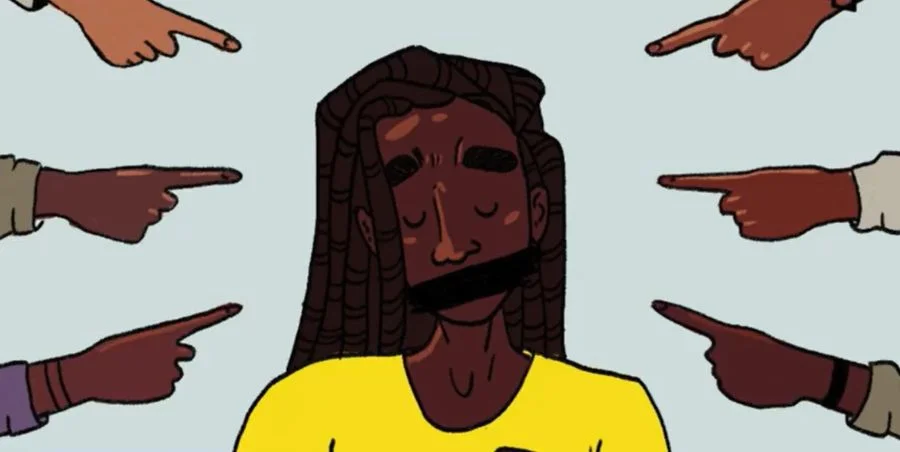MIAMI, United States. – Amnesty International (AI) reported this Thursday four methods used by the authorities of the Cuban regime “to repress dissent”, while the Cubalex Legal Information Center warned about the delicate situation of two political prisoners who declared a hunger strike in the Melena del Sur prison, in the province of Mayabeque.
Amnesty International, under the hashtag #CubaSinRepresion, pointed out that short-term detentions function as a “tool of control and intimidation” and, in its own words, taking a person under arrest for a few hours or days “sends a message of terror to those who dissent.”
Another resource highlighted by AI are internet shutdowns, used “to silence protests,” with selective interruptions that especially affect activists.
As a third tactic, the organization cites the criminalization of opponents who express themselves publicly: “They are criminally persecuted if they do not give up their fight for respect for human rights.” Fourth, he warns that those who raise their voices against the regime are fired from their jobs, a measure designed to “punish dissent and force conformity.”
At the same time, Cubalex reported that the political prisoners Manuel Velázquez Licea and Juan Enrique Pérez Sánchez, imprisoned for their participation in the 11J protests, are on hunger strike in the Melena 2 prison. According to the story of activist Marcel Valdés, both demand the release of all prisoners. political prisoners of the Island and, according to Cuba DNAone of them was sent to a punishment cell on December 25.
Cubalex pointed out that Pérez Sánchez’s health has deteriorated significantly due to previous medical problems, added to prison conditions. The center recalled that the inmate has carried out several hunger strikes to denounce “the abuse and mistreatment he has suffered in prison.” Regarding the general penitentiary context, Cubalex warned: “In Cuba’s prisons, marked by systematic abuse and indifference on the part of the authorities, hunger strikes have become one of the last resources of protest.”
In the midst of this panorama, the Cuban Prison Documentation Center (CDPC) disclosed your monthly report for November 2024in which it reports seven inmate deaths. Two of those deaths, that of political prisoner Manuel de Jesús Guillén Esplugas in Havana and that of Raúl Clejer Steris in Santiago de Cuba, were surrounded by complaints of violence, although the authorities alleged suicide and heart attack, respectively.
According to the CDPC, five other deaths in prisons were linked to “poor medical care, poor nutrition and terrible conditions.” The report highlights that the real number of deaths in Cuban prisons could be higher and states that, from 2023 to date, at least 73 deaths have been documented in prison.














